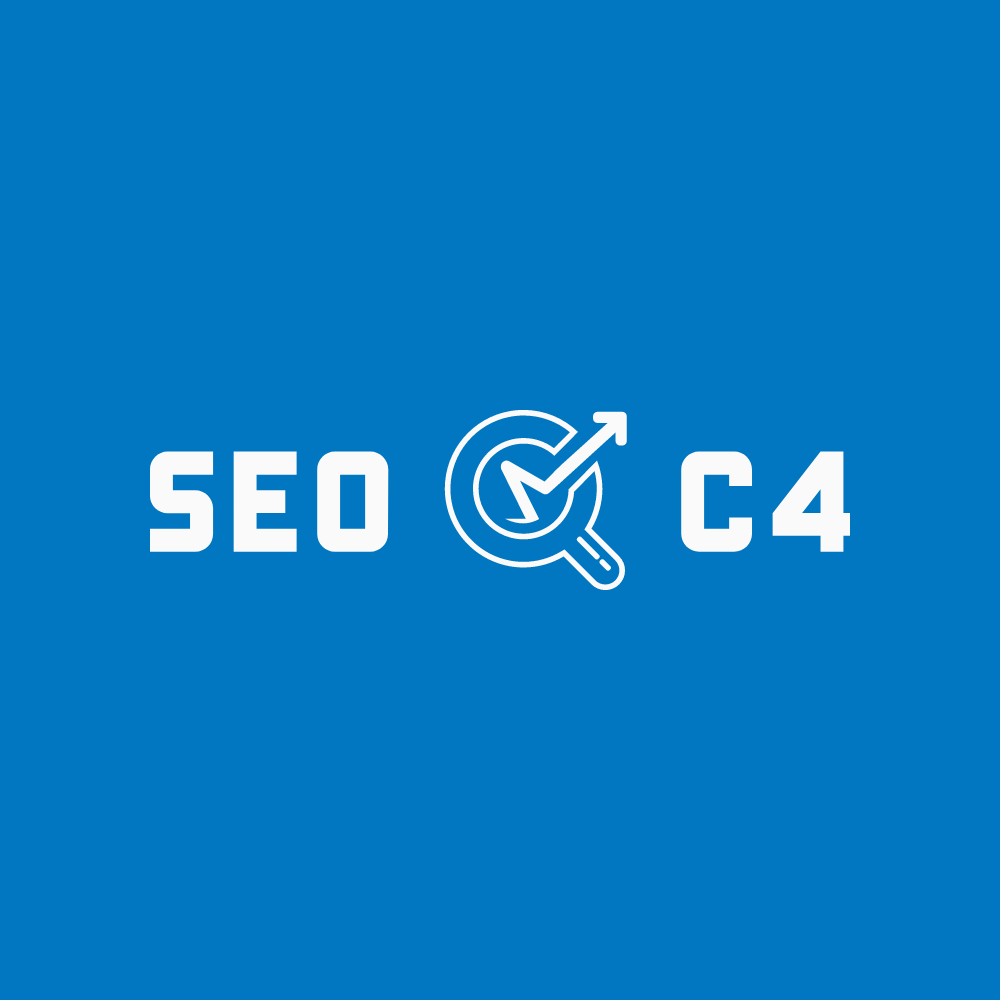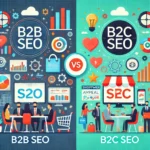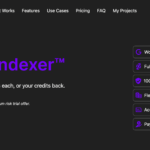
SEO is a constantly evolving field; with search engine altering their algorithms regularly it is important to keep up-to-date. There was a time when you could get by simply stuffing the keywords and getting lots of back-links, but that is not enough anymore. SEO has grown into a way more complicated domain. Currently there two major sub-domains of SEO.
- On-page SEO
- Off-Page SEO
They both vary in the areas they cover but are equally important. Both aspects of the SEO play a significant role in achieving over all goals of SEO and Digital Marketing . In this blog I will explain the working of ON-Page SEO. For learning about Off-Page SEO click here (https://seoc4.com).
ON-Page SEO Definition
On-page SEO is about how well your page is optimized to enhance the user experience and better analysis for the search engine crawlers. In simpler words, On-page SEO is concerned with what your website or page is about and how well is that presented for visitors (human and robotic crawlers), optimizing different parts of your websites to favor the rank on a SERP. It is the set of o-site techniques to manipulate the factors that you can control. They help
Different elements you will wish to optimize for On-page SEO are discussed below:
- Title tags
- Headings
- URL structure
- Alt text for images
- Internal links
- Meta descriptions
- Responsiveness
- Site speed
Title Tags
These are HTML elements displayed as clickable headlines displayed in SERP, thus they speak both to the crawlers and human visitors about the content of your page. It is best to device title tags so that they are clear, concise, and accurate and contain the keyword you wish to rank for. It is recommended that they must not exceed 60 characters in length to improve visibility.
Headings
There are different levels of heading you can use to break up your content into smaller sections and improve readability of your content. If you can incorporate your focus keyword in some headings it can also make your content appear more relevant.
URL Structures
It will help your case to have your keyword placed in the URL of your page, however it is not advisable that you go back changing your previously published URLS to incorporate desired keywords in them. It will reflect badly in eye of search engines. However if you must do so, seek professional help for redirecting your older URLS towards new ones.
Alt text for images
Alt text for images help blind visitors and crawlers understand what the image is about and they can judge the relevancy of it. If you do not add alt text it will give a bad impression and you will also miss on the chance of incorporating your keyword in the description of image.
Internal links
This is an effective technique which is often overlooked despite the fact that is one of the easiest ways to tilt the odds in your favor. Internal linking can help your visitors and robots in navigating through the pages of your website and also increase the overall relevancy of your page through anchor text, which is obviously one of the most important ranking factors.
Meta descriptions
It is brief summary of content of your page that will be displayed in SERP under your title. If done correctly it can greatly influence click through rate and convert impressions into engagements. Google permits you to write meta-discriptions from 50 to 300 characters but 160 characters is most popularly favored.
Responsiveness
Google and other search engines have grown more and more sensitive towards how well adapted your website is for working on different devices. A large chunk of traffic on Google is coming from the mobile devices and if your website is not designed to incorporate that demand, not only Google will be unhappy about it; you will be losing a lot of traffic and potential customers.
Site Speed
Also know as page loading speed is important because if your page takes more than two seconds it can make almost half of the visitors lose interest and leave your site right away. This is called bounce rate. If a visitor comes to your website and leaves immediately without spending more than 5 seconds it is represented as bounce rate. A higher bounce rate can damage your ranking in SERP, therefore it is important to optimize your page for better site speed.
According to SEO expert Neil Patel, if a website is earning $100,000/day, a 1 second delay in page loading could potentially cost its owner $2.5 million in lost sales annually. He also shares that a 1 second delay can damage 7% conversion rate. This information must be enough to convince you to optimize your page for a better loading speed. Click here to see the onsite techniques to improve your site speed.




